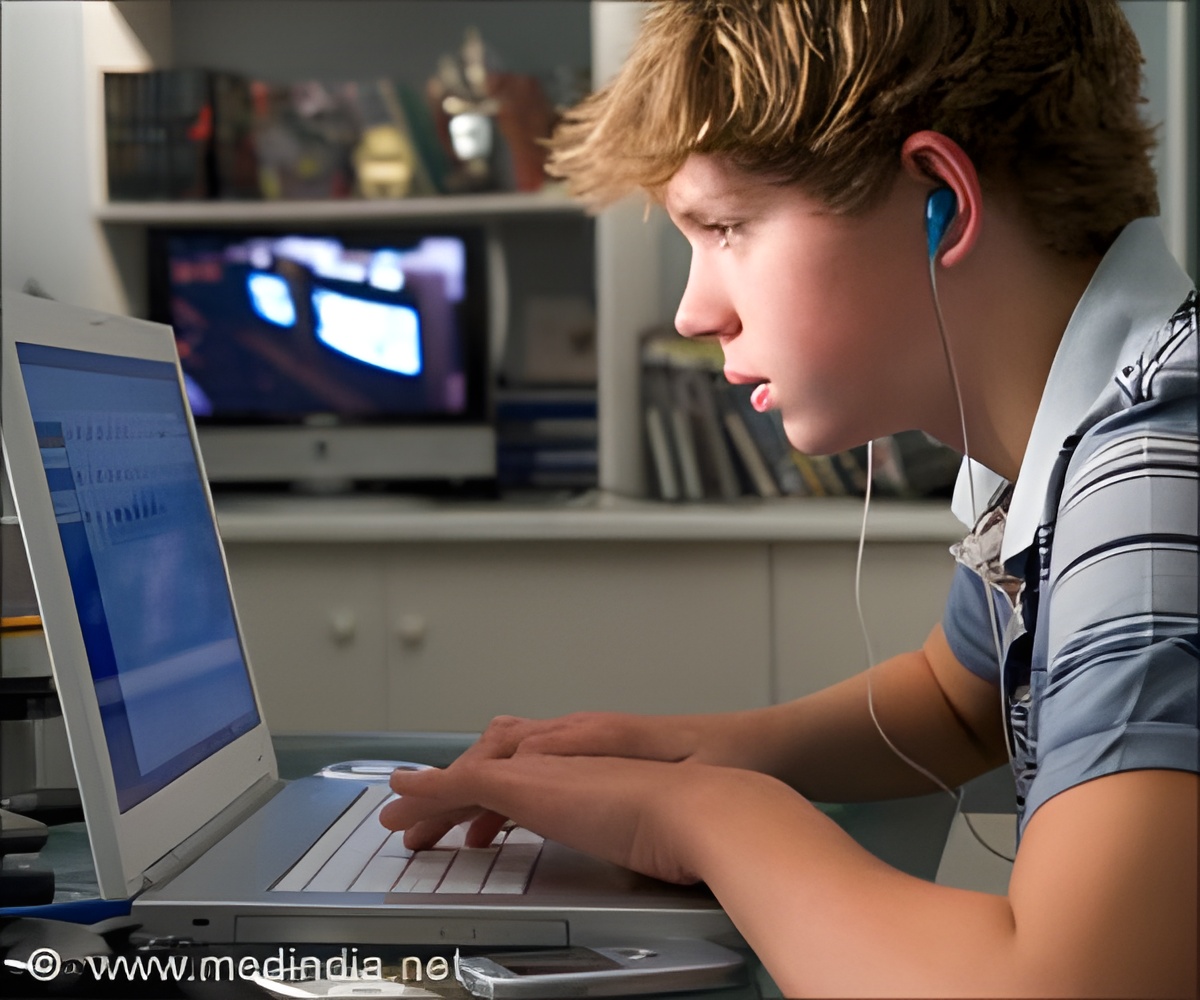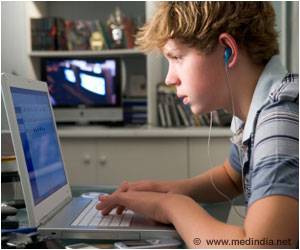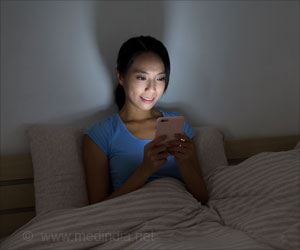People who have high speed Broadband Internet DSL line tend to get less sleep compared to others who don’t have such connections, finds a new study.

‘ About 200,000 working days are lost in Germany every year due to insufficient sleep, with an economic loss of $60billion.
’





«Individuals with DSL access tend to sleep 25 minutes less than their counterparts without DSL Internet. They are significantly less likely to sleep between 7 and 9 hours, the amount recommended by the scientific community, and are less likely to be satisfied with their sleep», Francesco Billari, a Full Professor of Demography at Bocconi University, Milan, and the Principal Investigator of the project DisCont, funded by the European Research Council, within which this research was conducted. The effect that the authors find is largely driven by individuals that face time constraints in the morning and by the use of electronic devices in the evening (not by their use throughout the day). «Digital temptations may lead to a delay in bedtime, which ultimately decreases sleep duration for individuals who are not able to compensate for later bedtime by waking up later in the morning», Prof. Billari says.
The temptations individuals are prone to vary according to age, the scholars find. Among teenagers and young adults (aged 13-30), there is a significant association between insufficient sleep and time spent on computer games or watching TV or videos in the evening, while for older adults (31-59) the correlation is with the use of PCs and smartphones.
Source-Eurekalert















